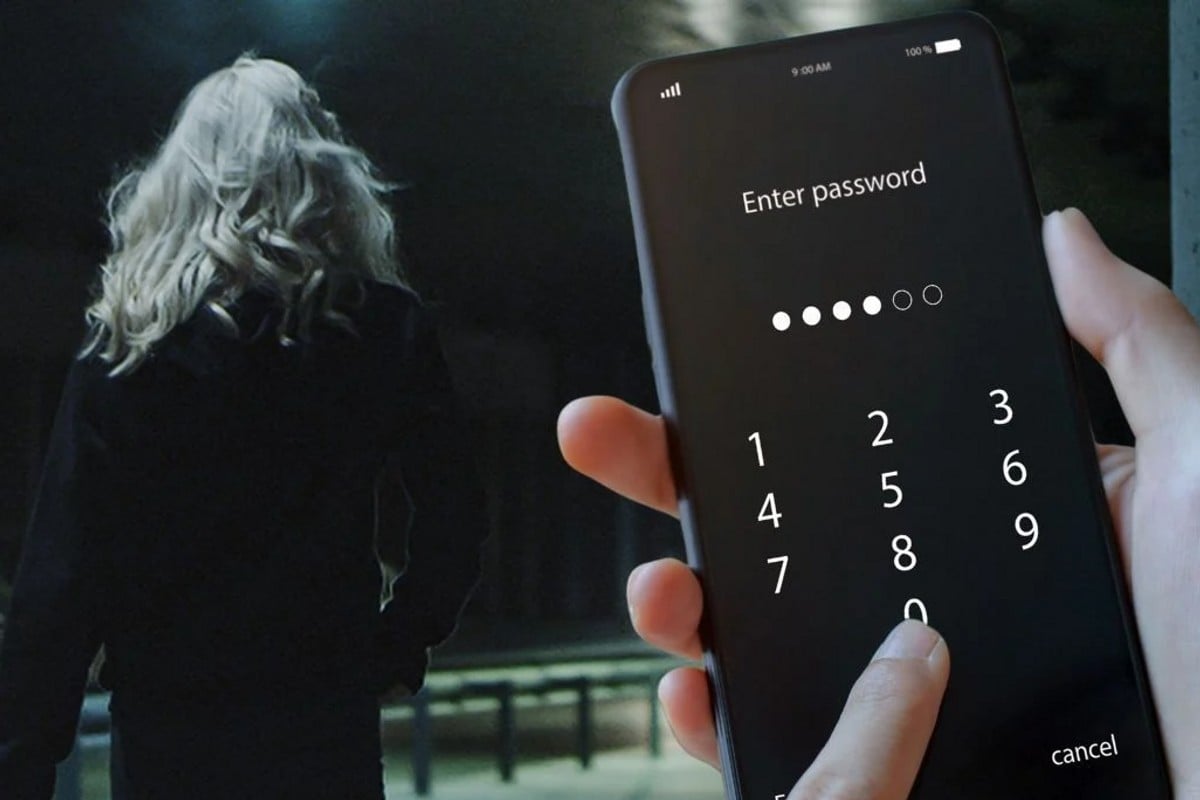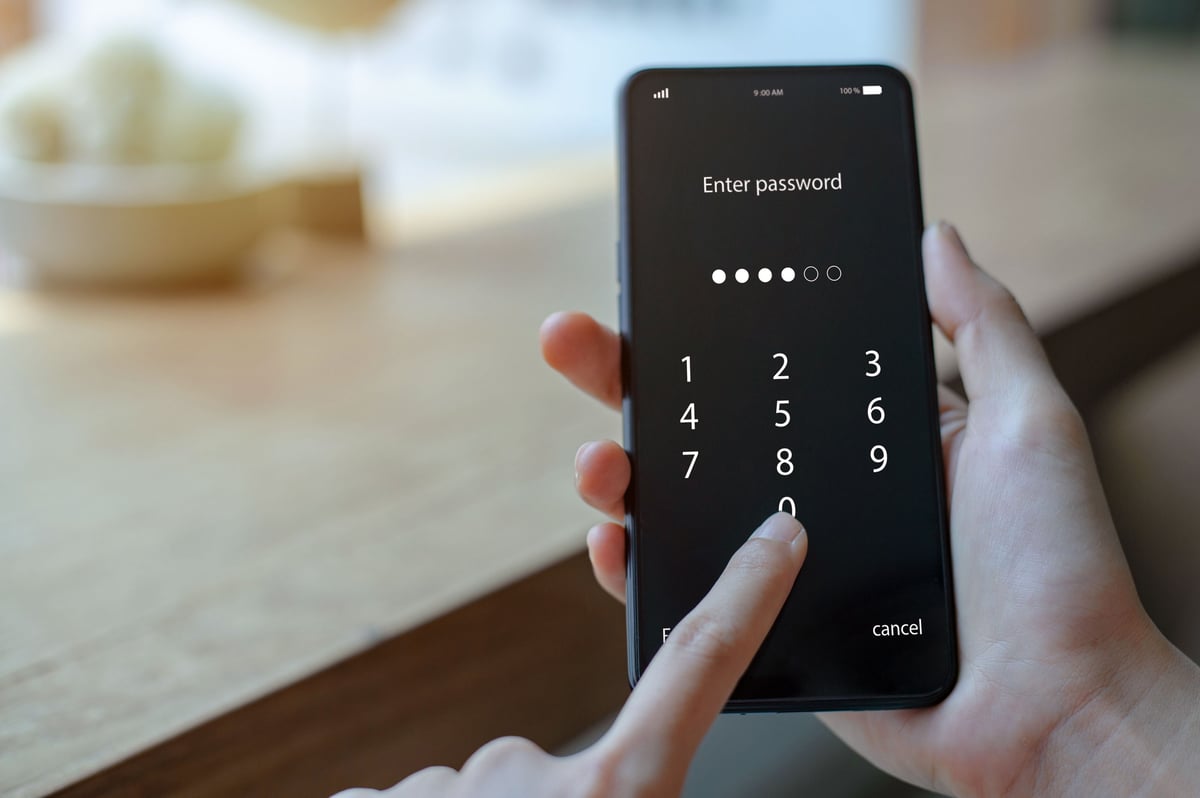
When Molly* gave her husband of five-years her Apple ID to download an app, she thought nothing of it.
It seemed like an innocent request. Her husband was much savvier with technology than she was, so it made sense for him to download it.
She didn't know it at the time, but she now suspects that's the moment he gained access to most of her technology. She didn't know it, but that simple act would leave her fearing for her life.
Five years later, when Molly tried to leave him good, she says her estranged husband would use this access to stalk and intimate her.
"Looking back at that, halfway through the relationship, that's probably when he wanted to plant himself in there," she told Mamamia, adding that his behaviour had started to change.
 Molly's husband was embedded in her technology. Image: Getty.
Molly's husband was embedded in her technology. Image: Getty.




























































































